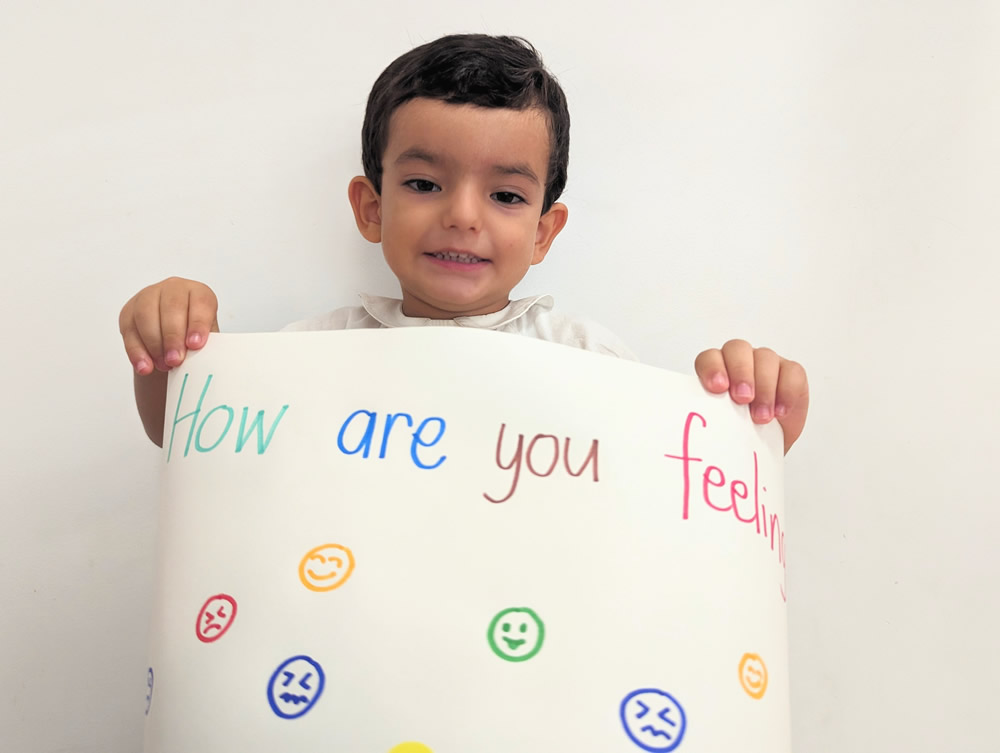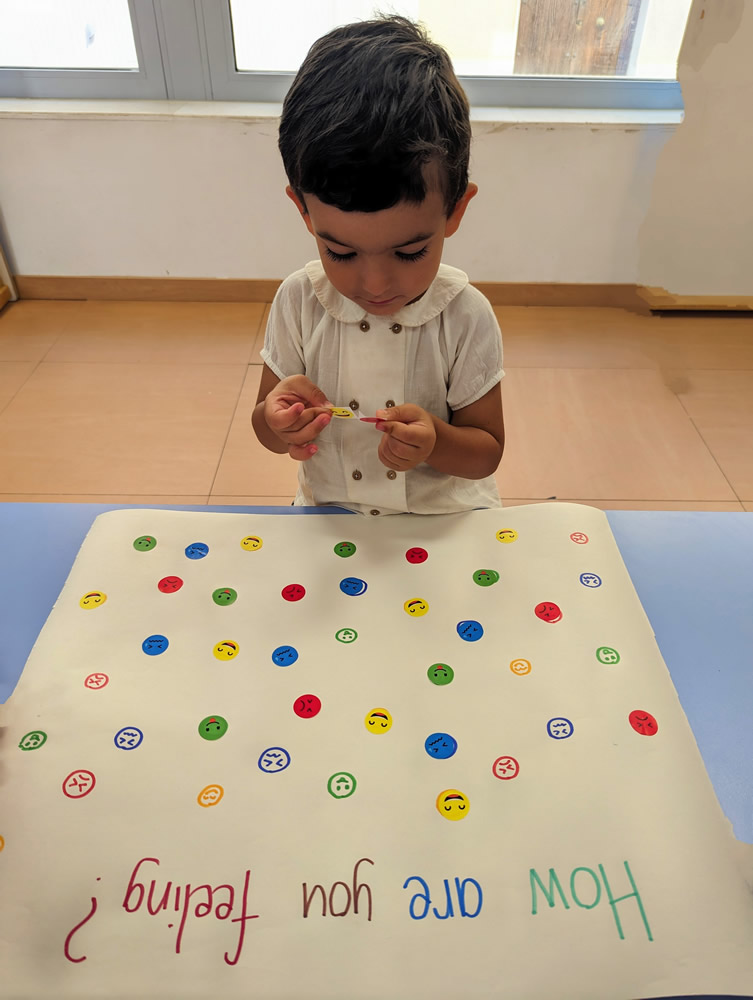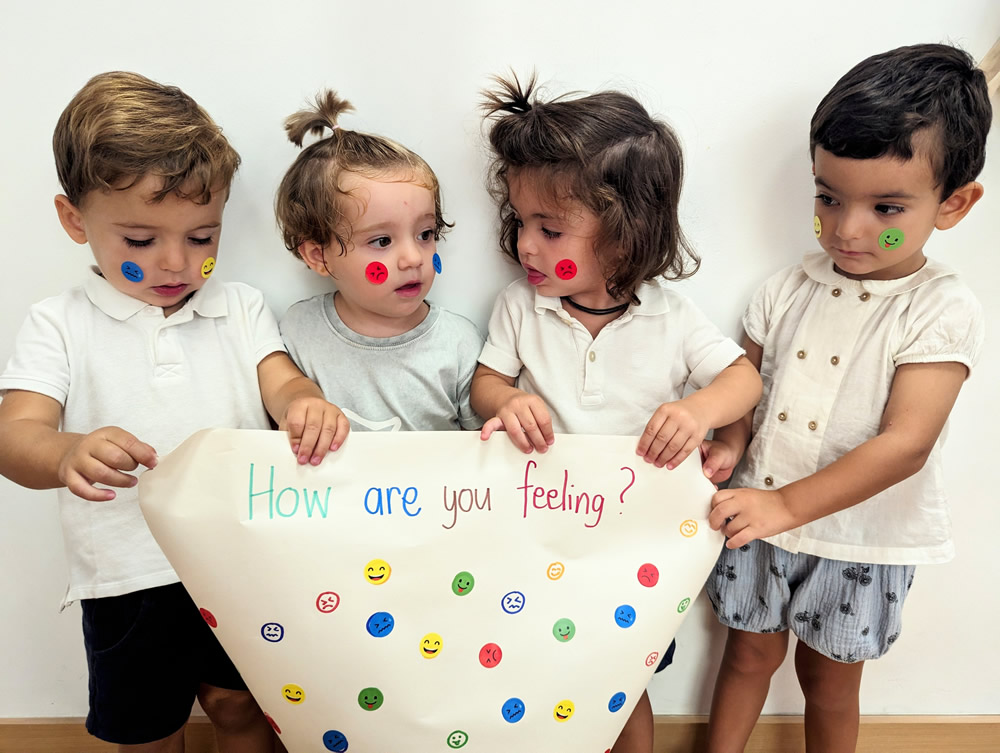HAVE you ever experienced your child throw a hissy fit over a toy, or whenever you limit the screen time, or even worse, when he/she was tired or angry? Did you stop and try to process what the child was feeling at that given moment?
Feelings can be a complicated and abstract concept for kids, especially toddlers, as it's hard for them to describe how it feels to be sad, disappointed, frustrated or angry. It also doesn't help that they have limited vocabulary.
However, experts say that recognizing their feelings and emotional needs, with the help of their parents and guardians, could prove beneficial in their emotional growth.

Emotional Intelligence (EQ), defined as one's ability to express, process and manage one's emotion, is as important as behavioral, physical and cognitive development. Kids who are more attuned with their emotions enjoy a better relationship with others.
A 2019 study published in the International Journal of Environmental Research and Public Health found out that "emotional intelligence is a relevant addition to guide the achievement of career success" and that "people with high emotional intelligence are more likely to work in teams, becoming more motivated."
It added that people with higher EQ have the ability to adapt their internal feelings and express clearly their emotional responses.

So, how do you teach or improve your child’s EQ?
According to psychotherapist and author Amy Morin, it is important to label the child's emotions. Words such as "angry," "sad," "upset," “frustrated” can build a vocabulary to express their emotions. It is also encouraged to use feeling charts or wheels to have a better representation or description of each feeling.
Morin added that parents and guardians should show empathy and try not to invalidate or minimize the kids emotions. "When your child sees that you understand how they're feeling on the inside, they'll feel less compelled to show you how they're feeling through their behavior."
Another approach is to use feeling words in your everyday conversation and ask your children to be more descriptive when using such words.

When the feelings have been labeled and addressed, Morin said it is easier for the parent to help the child resolve the problem through identifying possible solutions. "Provide guidance when necessary but work on helping your child see that they have the ability to solve problems peacefully and effectively on their own," she said.
It is also encouraged to teach your child coping skills to manage their feelings and responses better, such as relaxation activities, show them some distractions, initiate movements and think of positive and happy thoughts.
Lastly, experts’ advice that parents should make it a goal to incorporate EQ into their everyday life. It is important to have ongoing conversations about how they feel and how to better handle and cope with their emotions. "When your child is young, talk about feelings every day. With your ongoing support and guidance, your child can develop the emotional intelligence and mental strength they’ll need to succeed in life," Morin ended.
Sources: